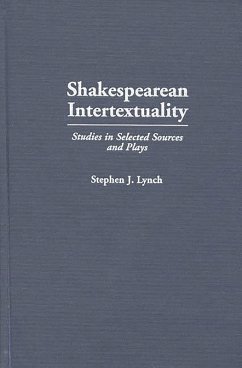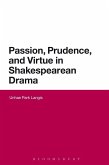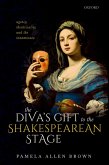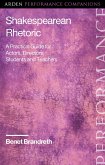In reshaping Lodge's Rosalynde into As You Like It, Shakespeare not only undermines the Petrarchan and pastoral traditions of the romance, but also refutes the implicit gender structures upon which such Petrarchanisms are based. In refashioning The True Chronicle Historie of King Leir into the tragedy of King Lear, Shakespeare does not simply reject the explicit Christian setting and happy ending of Leir, but engages and responds to the highly Reformational and Calvinistic assumptions that shape and inform the source play. In rewriting Greene's Pandosto into The Winter's Tale, Shakespeare not only adapts the plot and characterization of the source, but consistently counters and refutes the rhetorical and linguistic structures of Greene's romance. And in Pericles, Shakespeare adapts the Appolinus story from Gower's Confessio Amantis, but also responds to suggestions in the source text about the authority of the role of the author.
Bitte wählen Sie Ihr Anliegen aus.
Rechnungen
Retourenschein anfordern
Bestellstatus
Storno









